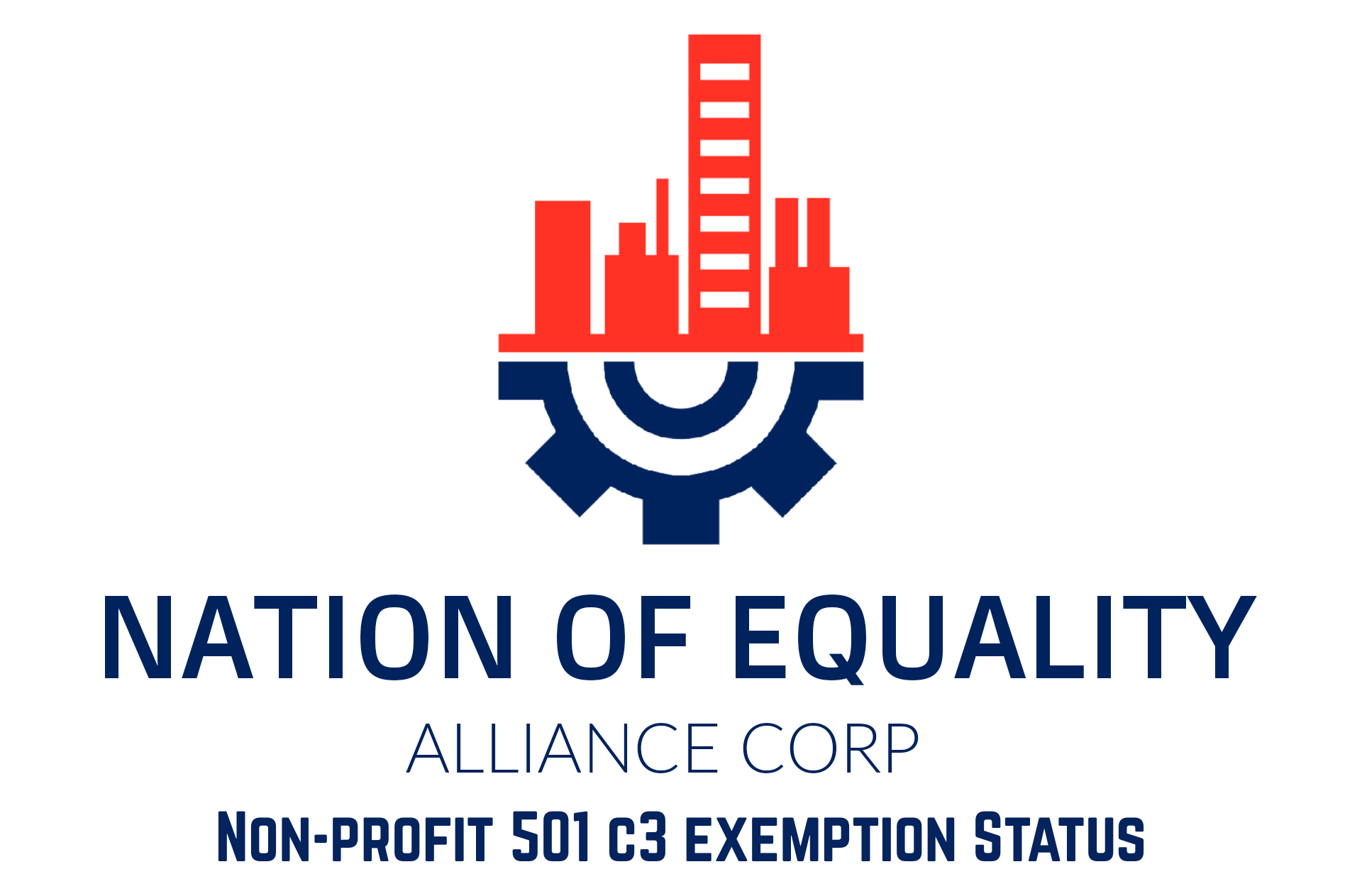-
Property Maintenance and Operations:
- Building Systems Management: Overseeing HVAC, electrical, plumbing, and other critical systems to ensure they operate efficiently and meet safety standards.
- Preventive Maintenance: Implementing maintenance schedules to prevent system failures, minimizing downtime and costly repairs.
- Energy Efficiency Optimization: Applying sustainable practices and technologies to reduce energy consumption and improve environmental impact.
-
Project Management:
- Renovations and Upgrades: Managing capital improvement projects, from design to execution, ensuring they are completed on time and within budget.
- Vendor Coordination: Sourcing, hiring, and overseeing contractors, engineers, and other professionals to complete necessary projects and repairs.
-
Asset Management:
- Cost Control and Budgeting: Managing budgets for maintenance, operations, and capital projects, ensuring efficient use of resources.
- Value Enhancement: Identifying opportunities to improve property value through upgrades, leasing strategies, or new technologies.
-
Compliance and Risk Management:
- Regulatory Compliance: Ensuring all building systems and operations comply with local, state, and federal regulations, including safety codes.
- Risk Management: Identifying and mitigating risks related to structural integrity, tenant safety, or environmental concerns.
-
Tenant and Stakeholder Communication:
- Issue Resolution: Acting as the primary point of contact for tenants or stakeholders regarding maintenance issues, safety concerns, or system failures.
- Contract Negotiations: Overseeing the negotiation of leases and service contracts to ensure favorable terms for property owners or investors.



